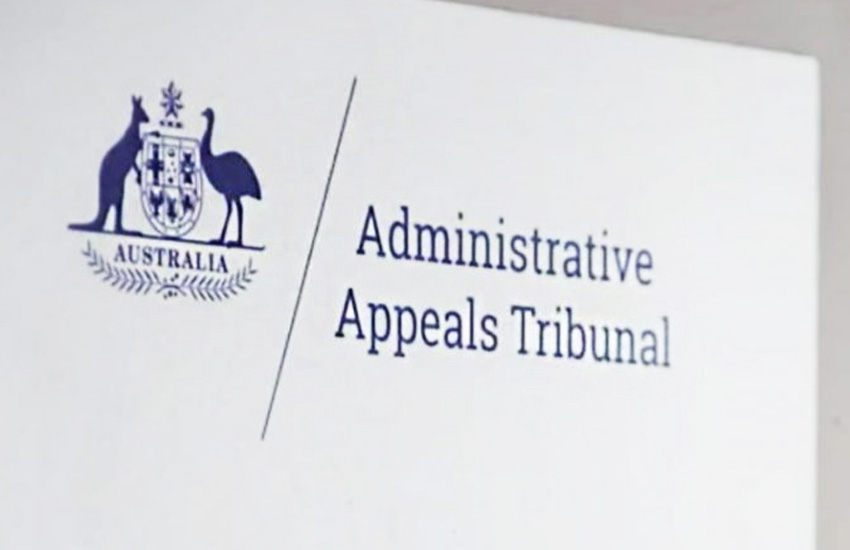The tribunal heard that the private company, trading as Ella Bache Bowral, together with its sole director Merilyn Knight, her shareholder husband Ian Knight, and tax agent Ioulia Nossova, had raised a journal entry showing a director fee of $25,000 to Ms Knight, including a net payment of $13,602 and $11,398 in PAYG withholding.
The entry was raised in the last week of March 2020, after the cash-flow boost measure was enacted by the federal government on 24 March.
You’re out of free articles for this month
The ATO contended that the move was out of step with the company’s usual practice of fixing the director’s remuneration at the end of the financial year, and that it had entered into a scheme to increase the amount of cash-flow boost it was entitled to.
The AAT heard that the company had in previous years not withheld PAYG, and that the $11,398 in PAYG withholding was calculated with reference to one week instead of the nine months on which the amount was based.
AAT senior member Keith James noted that such steps would not have occurred if the parties had been at arm’s length or if the cash-flow boost measure did not exist.
“The withholding of $11,398 from the $25,000 remuneration is 45 per cent,” said Mr James. “Why that cashflow is ‘voluntarily’ lost for at a minimum of three months was not explained, other than as the Commissioner submitted, the three-time boost for the monthly March BAS lodgers.
“Increasing the CFB for the month of March is the only conclusion that can be made of the steps, decisions, and actions of the company and its director Mrs Knight, its agent, Mr Knight and its agents, their accountant and tax agent Ms Nossova.”
The latest tribunal case comes after a chartered accountant was similarly denied the cash-flow boost after he was found to have drastically increased his wages by over $100,000 in a single week to qualify his company for the maximum cash-flow boost of $50,000.
The accountant told the AAT that the drastic increase in wages was not solely motivated by the cash-flow boost, but to enhance his borrowing and refinancing capacity as banks looked upon wages more favourably compared to dividends.
In rejecting his explanation, the tribunal considered his long-established pattern of weekly wages of $100, the timing of the one-week extraordinary payment, and the lack of evidence of conversations with his bank regarding his refinancing claims.
Jotham Lian
AUTHOR
Jotham Lian is the editor of Accountants Daily, the leading source of breaking news, analysis and insight for Australian accounting professionals.
Before joining the team in 2017, Jotham wrote for a range of national mastheads including the Sydney Morning Herald, and Channel NewsAsia.
You can email Jotham at: This email address is being protected from spambots. You need JavaScript enabled to view it.

 Login
Login







